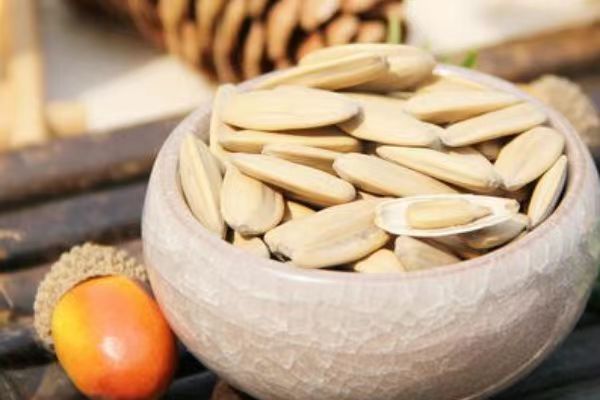Website:Innuts.com
The US Department of Agriculture's Foreign Agricultural Service released a counselor's report showing that Bulgaria's sunflower seed production is expected to reach 2.1 million tons in
For comparison, sunflower seed production in 2021/22 is 2.002 million tons.
Due to good weather conditions and increased sowing area, the early yield prospects in the 2022/23 season are optimistic. However, the average yield has been affected by the dry and high temperature weather in summer, and there are many diseases and insect pests.
The sown area of sunflower seeds in 2022/23 is 910,000 hectares, higher than the 836,500 hectares in 2021/22.
Increased imports have led to weak domestic prices, and farmers are reluctant to sell
Since the outbreak of the Russia-Ukraine conflict in February, Bulgaria has imported a record amount of sunflower seeds from Ukraine, mainly for domestic crushing. This has also made Bulgaria the EU's top exporter of sunflower seed oil and sunflower seed meal.
But domestic prices have also fallen due to increased supply, triggering protests from sunflower seed farmers. The Bulgarian government supports the farmers' position and expresses concern about more competitive prices for imported sunflower seeds.
Farmers are reluctant to sell sunflower seed stocks due to weak domestic prices, hoping that prices will rise in the coming months.
Production costs are high, and the yield potential of sunflower seeds next season is worrying
Due to the increase in production costs, farmers may reduce the area planted with sunflower seeds and cut production inputs, raising concerns about the yield potential of sunflower seeds in the 2023/24 season.
The report states that hot and dry weather in Europe this summer has damaged Bulgaria’s sunflower seed yield potential. Bulgaria is one of the hardest-hit countries in Europe, with summer temperatures ranging from 1.8 to 7.2 degrees Fahrenheit above average, with temperatures peaking in late July, when daytime highs reached 102 degrees Fahrenheit (equivalent to 38.9 degrees Celsius) in central and western Bulgaria. . July was also one of the driest months on record. A lack of precipitation combined with high temperatures has increased crop water needs and reduced soil moisture, putting sunflower seed crops under moisture stress as they enter the critical grain-filling period. There was no significant precipitation in July and the temperature in the second half of the month was higher than usual, so the crop maturity period was advanced by two weeks, and the sunflower seed harvest began in early August. The first half of August remained very dry, with no rainfall recorded in the Northeast and only 0.78 inches in the West and Central regions. However, starting from mid-August, various parts of Bulgaria received sufficient rainfall, especially in the western region. But the rain came too late to boost sunflower seed yield potential. But a dry summer will help sunflower seed harvests, especially in eastern Bulgaria. Precipitation in August and September will help increase soil moisture, allowing winter rapeseed to be sown in the optimal window for the 2023/24 season.
Please follow us Innuts.com.

